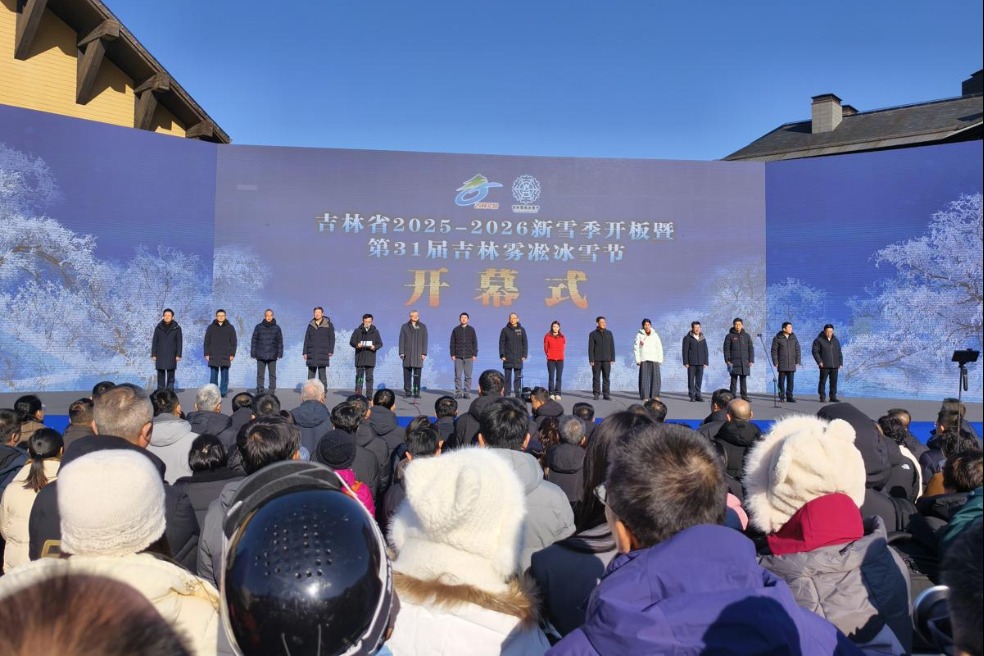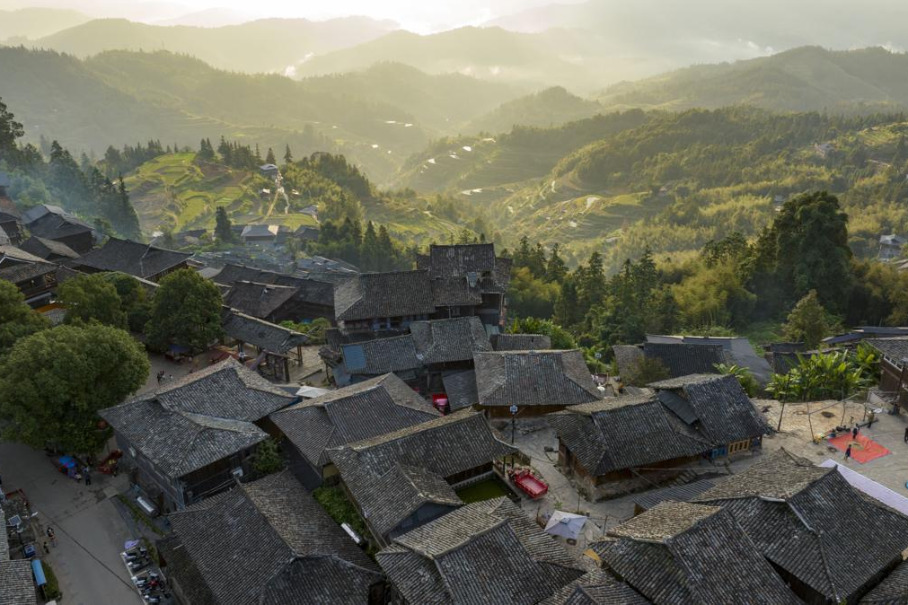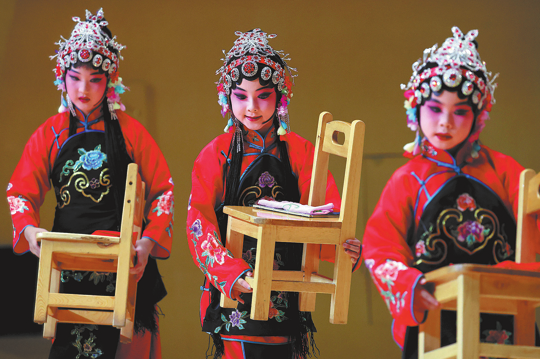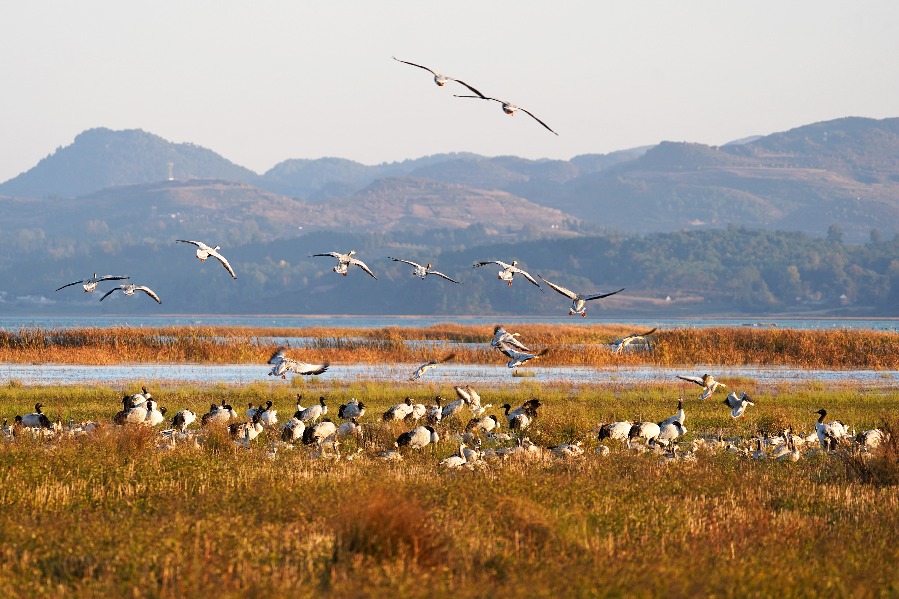Taiwan entrepreneur shows confidence in Chinese mainland market

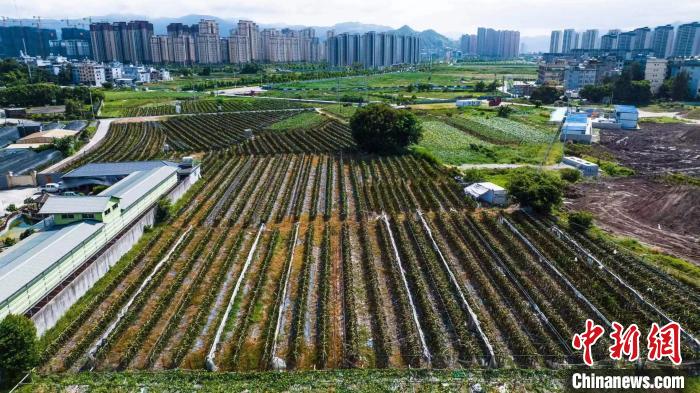
Speaking of the newly-issued circular, which designated Fujian province as a demonstration zone for cross-Strait integrated development, Taiwan entrepreneur Huang Jitian expressed his recognition.
"The circular has provided assurance for Taiwan compatriots seeking development on the Chinese mainland," the 55-year-old man told Chinanews.com.
Huang Jitian has been engaging in agricultural cultivation in Taiwan. Twenty years ago, he collaborated with his friends to establish a fruit seedling cultivation plant on the Chinese mainland after investigating the market in South China's Guangdong province. Later, he ventured into fruit cultivation in Xiamen and Zhangzhou, East China's Fujian province.
During his time on the Chinese mainland, Huang Jitian met his life partner, a woman from Xiapu county, Ningde, East China's Fujian province. In 2013, Huang Jitian returned to Xiapu county with his wife and started their own business, focusing on the cultivation of Taiwan dragon fruit. In 2015, they set up Baiguoshan Agricultural Technology Co Ltd in Xiapu county.
In the early stage, land leasing posed a headache to Huang Jitian. "At that time, I had trouble finding someone to rent land from but fortunately my relatives and friend helped me a lot," said Huang.
Now the dragon fruit cultivation area covers 80 mu (5.3 hectares), with an annual income of around 2 million yuan ($274,064). Dragon fruits are sold to major supermarkets across the mainland and additional deep-processing factories are set up in East China's Zhejiang province, Fuzhou, Fujian province and other places.
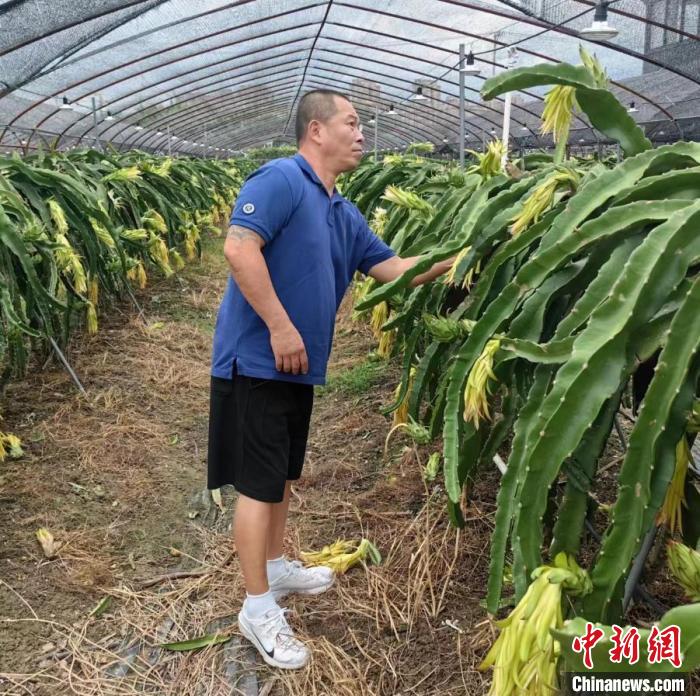
According to Huang, dragon fruit can be harvested 11 to 12 times a year, with each cycle lasting about 35 days. Around 20 to 30 workers will be employed during the harvest period.
To further boost production, Huang plans to renovate cultivation greenhouses and install fill lights. "The installation will shorten the dragon fruit's growth cycle, promote off-season flowering, and enhance fruit quality and yield," said Huang.
As the business flourishes, Huang Jitian and his family lead a harmonious life on the Chinese mainland. "Taiwan and the Chinese mainland share the same language and the same roots. I have grown accustomed to life on the Chinese mainland, regarding it as my 'second home'," said Huang.
Ningde has introduced a series of policies in recent years to deepen cross-Strait economic and cultural exchanges and cooperation; implement equal treatment for Taiwan compatriots; and attracted them to study, work, start businesses and settle down there. Up to now, Ningde has 119 Taiwan-funded enterprises with a total investment of $1.53 billion, involving industries such as metallurgy, electrical machinery, stone materials, food processing, agricultural breeding, tea and flowers.
"The Chinese mainland has developed by leaps and bounds beyond what it was when I first arrived," said Huang. There is tremendous market potential on the Chinese mainland. Now the company is moving in the direction of diverse development and expanding into increased land area and deep processing.
- World Television Day celebrated with conference in Shanxi
- University launches new AI department to align with national priorities
- Jilin kicks off 2025-26 snow season with grand opening event
- China hails 'hard-won' COP30 Global Mutirao decision
- China-SA science exhibition showcases innovation, cultural exchange
- China opens draft regulations on data protection to public consultation
















